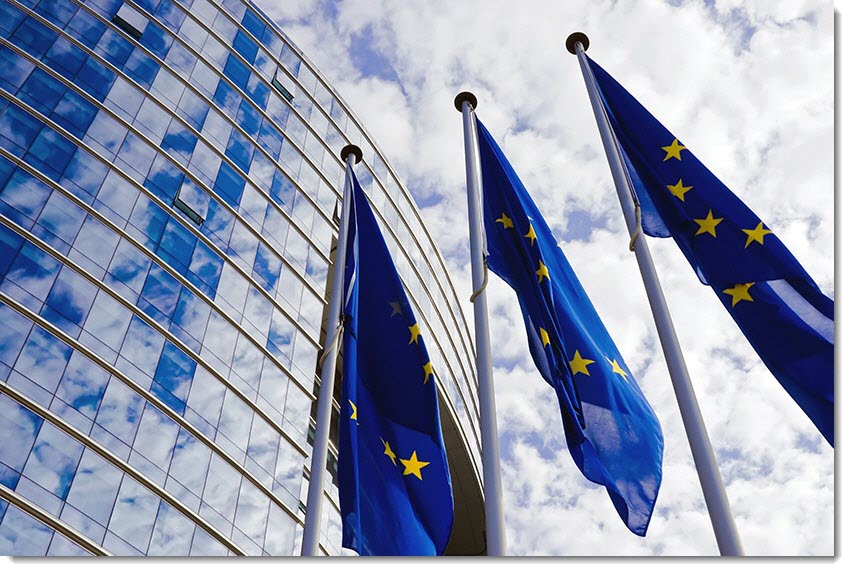
13/12/2024
EU Insight 13 December 2024
Brussels, 13 December 2024
LOOKING AHEAD TO THE POLISH PRESIDENCY
Poland unveiled its work programme and policy priorities for its upcoming Presidency of the Council of the EU, set to begin on 1 January 2024. As illustrated by its motto “Security, Europe!”, security will be the guiding factor for the Polish Presidency, as it sets out to work on its identified seven thematic priorities: (i) defence and security, (ii) migration, (iii) resistance to foreign interference and disinformation, (iv) ensuring security and freedom of business, (v) energy transition, (vi) agriculture, and (vii) health security. The Polish Presidency will be particularly important as its tenure transpires during the true operational beginning of the new Commission, meaning it will play a key role in kickstarting legislative work on the Commission’s new work programme.
COMMISSION AND COUNCIL COMMIT TO SUPPORT FARMERS
Building upon recommendations from the Strategic Dialogue on the future of EU agriculture, the Commission put forth proposals aiming to strengthen farmers’ position in the food supply chain. Specifically, the proposed measures aim to enhance existing rules governing the contracts between farmers and the buyers of their produce while also strengthening the protection of farmers against unfair trading practices, particularly in cross-border situations. In parallel, the Council adopted a set of conclusions, aiming to ensure that the upcoming review of the EU’s Common Agricultural Policy (CAP) fosters a farmer-friendly, competitive, and sustainable agricultural sector. Both these developments, underpin policymakers’ aim to address EU farmers’ concerns, which had sparked strong protests across Europe earlier this year.
COMMISSION ADDRESSES HYBRID ATTACKS THROUGH WEAPONISED MIGRATION
The Commission presented new measures to help Member States in their efforts to counter hybrid threats linked to the weaponization of migration by Belarus and Russia. Notably, the Commission announced over EUR 170 million in funding to support Member States at the Eastern border in reinforcing their surveillance and telecommunication systems. Moreover, the Commission issued clarifications on the conditions under which Member States may temporarily suspend asylum rights, to combat attempts to weaponize migration. Lastly, the Commission intends to intensify its diplomatic efforts with migrants’ countries of origin as well as foster increased cooperation between Member States. According to the EU executive, these measures come in response to sharp increases in illegal migrant entries from Belarus in 2024.
FIRST AI FACTORIES TO BE BUILT IN 2025
The European High-Performance Computing Joint Undertaking, which includes the Commission as well as national and private experts, selected seven consortia to establish the first so-called AI Factories in the EU. These AI factories are meant to foster the development of AI across Europe, by providing start-ups, industry and researchers with the necessary computing power, data, and talent to develop advanced AI models. The factories will be established in Spain, Italy, Finland, Luxembourg, Germany, Sweden, and Greece and are to be built in 2025 and 2026. Overall, representing a EUR1.5 billion investment, combining EU and national funding, they also serve as a symbol of the Commission’s ambitions to make the EU a leader in the AI space.
COUNCIL AIMS TO HELP AUTHORITIES COMBAT CRIME IN THE DIGITAL AGE
The Council has urged for the Commission and Member States to better support law enforcement to combat crime in the digital age. In recent years, in part due to data protection regulation, data access and retention has become increasingly difficult for authorities. Aiming to address this, the Council now asks the Commission to present, in the first half of 2025, concrete measures to enable the investigation and prosecution of crimes via the use of data. To support the development of those measures, the Council suggested consulting with industry, law enforcement and especially civil society, so as to ensure that effective access to data by law enforcement does not infringe upon fundamental EU data rights.
COMING UP NEXT WEEK
- 16-19 December: Plenary session in Strasbourg. On the agenda: Nature Deforestation Regulation, EU competitiveness
- 16 December: Foreign Affairs Council. On the agenda: Russian aggression against Ukraine, Georgia, the situation in the Middle East.
- 16 December: Transport, Telecommunications and Energy Council. On the agenda: geothermal energy, future of energy policy and grids action plan.
- 17 December: College of Commissioners. On the agenda: European Semester – Autumn Package II.
- 17 December: General Affairs Council.
- 17 December: Environment Council. On the agenda: plastic pellet losses, end-of-life vehicles, 2040 climate target.
- 18 December: EU-Western Balkans Summit.
- 19 December: European Council (EUCO). On the agenda: Ukraine, Middle East, Migration, EU-US and EU-UK relations.
Tuomas Tierala, Managing Partner Brussels, Kreab
_________________________________________________________
Kreab • Tel: +32 2 737 6900 • tuomas.tierala@kreab.com • www.kreab.com/brussels • X: @KreabEU • LinkedIn: Kreab Worldwide
